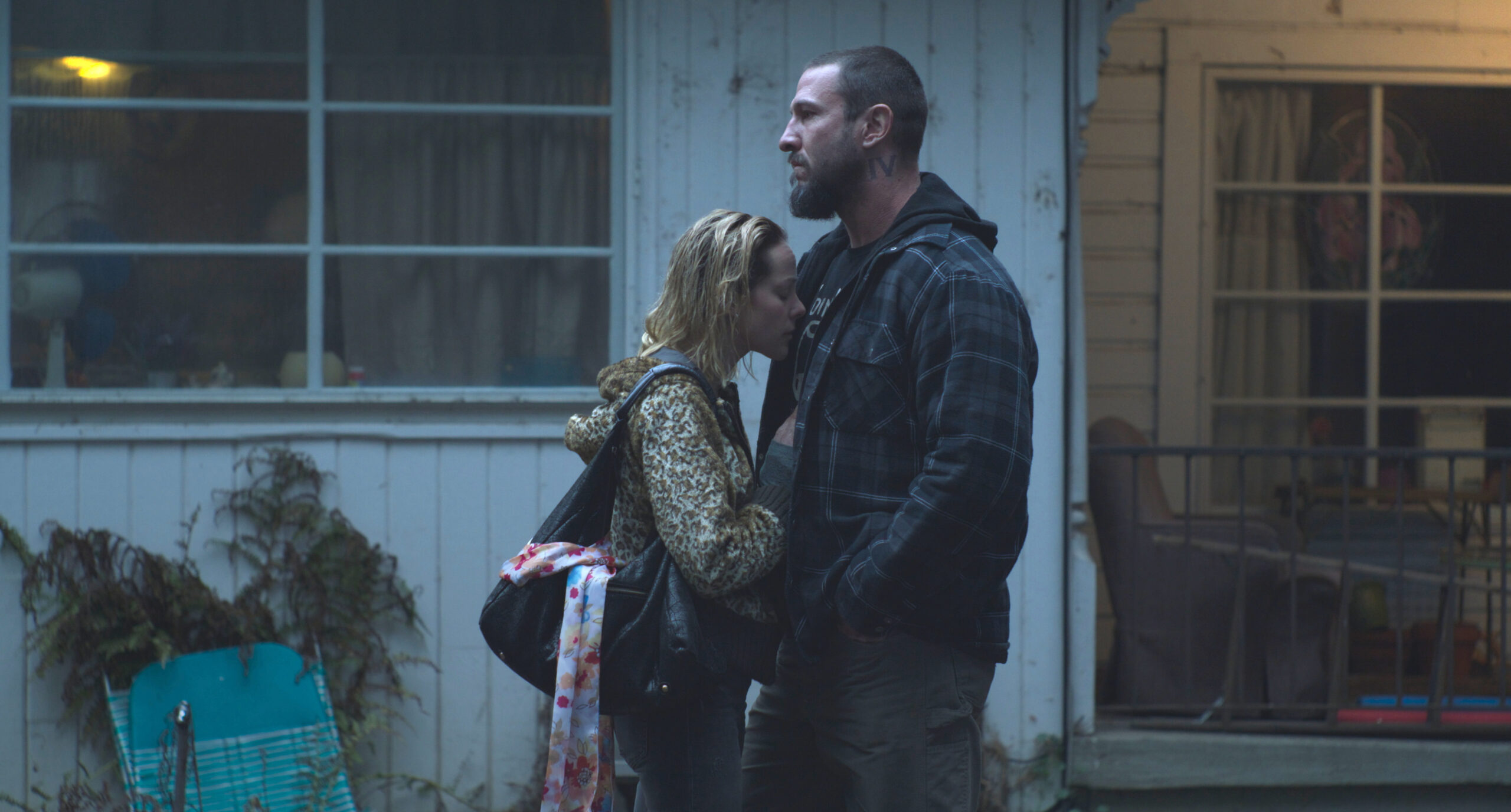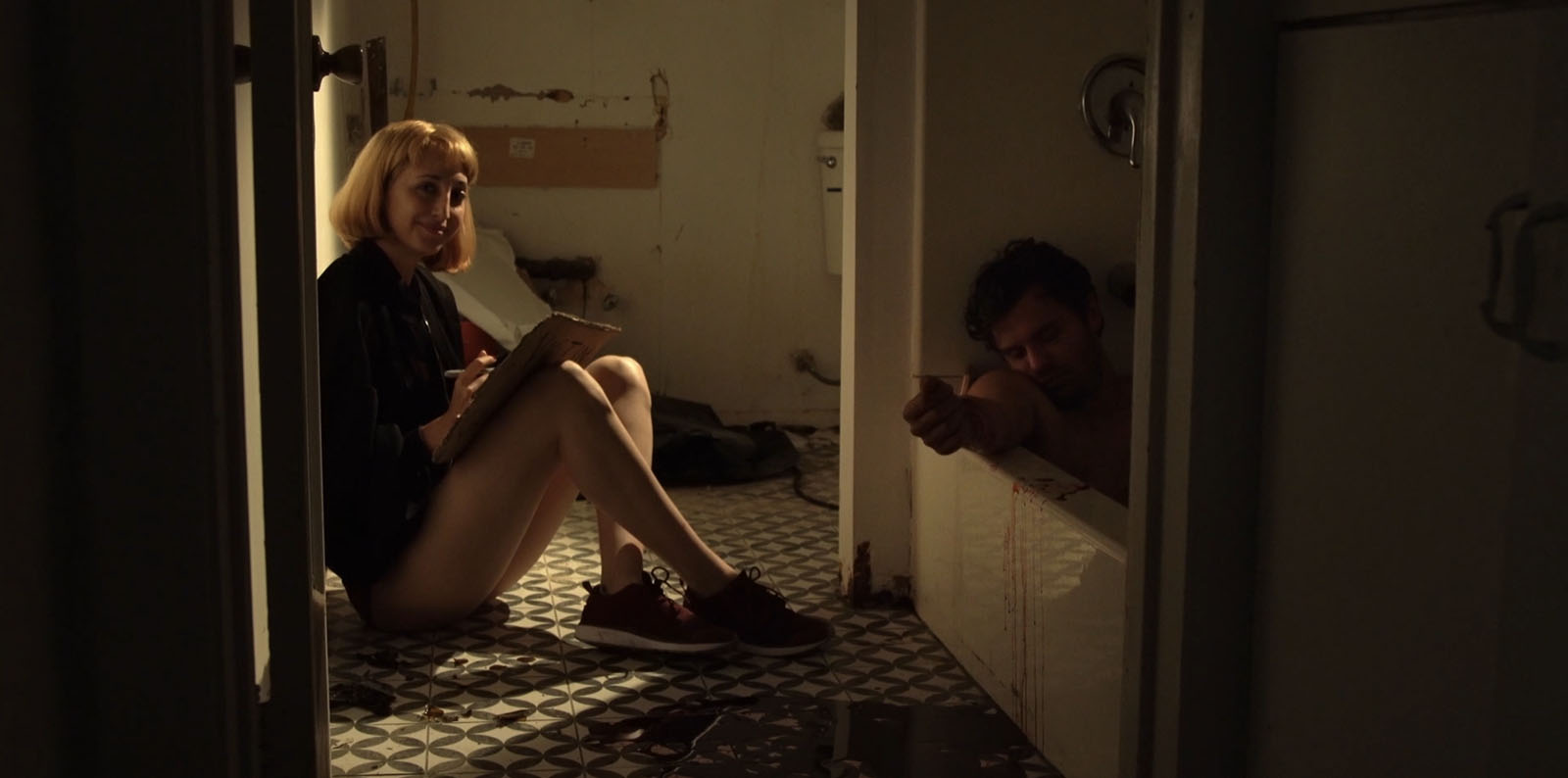Who are you, really?
When you consider asking yourself the question, “Who am I?” certain things will come to mind. You might identify with your job or vocation and answer, “Well, I do this,” or “I work here,” or “I’m a -blank-.” Or you might have a passion and identify with that, and answer, “I’m an artist, I paint, I write, I run, I ride, I -blank-.” You may identify yourself with your family, and say “I’m the son/daughter of -blank-.” Most important, you might not pause to consider your relationship to your environment, to think maybe you are inseparable from your environment the same way a tree does not exist in isolation from the earth, or the earth does not exist in isolation from the solar system, or the solar system does not exist in isolation from the universe. In the same way, when considering the question “Who am I, really?” it is important—more so it is fundamental—to consider that you are the universe itself because you do not exist in isolation from your environment, which is the universe. To paraphrase/quote Alan Watts, whose writings directly influence this very post: We are “inseparably connected to everything that there is.” And, “Every one of us is an aperture through which the entire cosmos look out.” Or, “What you are basically, deep deep down, far far in, is simply the fabric and structure of existence itself.”
You see?
Consider what it must be like not merely to read this, but to feel it and let it shape the way you view the world, your life, and yourself. Consider how, in understanding this, you are suddenly able to see the workings of society as a grand social game, a play—nothing more than shadows cast upon the wall of a cave. Our civilization is a closed environment, largely run by products and money and capitalization of human wants and needs and desires, and navigating life as a human in society is to navigate this controlled environment. It’s like a game we play, rarely, if ever, stopping to consider the origins of our actions, our choices, our wants/needs/desires—rarely, if ever, stopping to consider we are “It,” we are the universe, and the purpose of life is simply to be alive.
Consider The Truman Show, the masterpiece from director Peter Weir. It’s a film about a 24-Hour television show, a massive constructed and controlled environment designed to surround and observe the life of a man named Truman. And Truman has no idea that his world, his life within it, is constructed, fake, controlled, and observed.
It’s a film about you.
It’s a film about all of us.
But what happens when Truman begins to more closely and thoughtfully observe his world? It’s more than an identity crisis, it’s a crisis of his entire reality. He can see through the actions of others. He sees how the world manipulates his wants and needs and desires (and the film plays with this comically). And as he endeavors to find out the truth about what’s going on, it plays out like a beautiful and disarming metaphor for what happens when you learn stillness, when you begin to look at and observe the world and also yourself: you begin the process of waking up to what and who you really are, along with a disenchantment from the reality constructed around you. The Truman Show is a lot of things, not the least of which is a metaphor for a person waking up to the great unknown that lies beyond the world that society gives to us. Whether it’s the ways by which our choices are shaped by our parents and our peers and our societal norms and traditions, or whether it’s the worldviews and religions and clubs and titles we are raised into or surrounded by, you can still learn to disidentify from your mind, you can still unlearn the reality that your environment has insisted is yours, and therefore you can realize that your identity is just an idea. This allows you to step back, to step away from yourself, to observe yourself and your thoughts and feelings impartially, and separate yourself from the needless suffering of everyday life and instead appreciate every single experience you have simply because it is an experience, and it is lacking nothing. You can learn to live presently in every moment, no longer a slave to the incessant chatter and noise and anxiety of the mind, or of the ego. To no longer play the social game that the world imposes on you and claims is your reality.
Waking up to this is deeply wondrous but it is also scary. It’s difficult. It’s a matter of will, of introspection and stillness, of constant choice and awareness. It’s a bit like sailing out across an ocean you’re terrified of in a vulnerable little sailboat, braving a relentless storm of resistance—whether it’s resistance from family, from friends, from guilt, from religion, from politics, from expectations, or even from parts of yourself such as your own ego—before crashing into the sky. It’s like walking up a stairway made of the sky and stepping through a door into the unknown: Out of the constructed reality, and into one you create for yourself. One of infinite possibility and therefore uncertainty, but at least it’s one you choose over one pre-created and pre-constructed and perfectly safe for you.
Like Truman turning his back on the promises of the Creator, who says “There’s no more truth in the real world than there is in the world I’ve created for you. But at least in mine, you don’t have to fear anything.”
So…
Who are you, really?

